9 epic discoveries scientists made in the solar system this year
We reached Pluto, and the world fell in love from 3 billion miles away. From <a href="http://www.techinsider.io/fly-over-footage-from-new-horizons-of-plutos-mountains-2015-7">mountains that rival the Rockies</a> to <a href="http://www.techinsider.io/pluto-blue-sky-ice-surface-2015-10">frozen water on its surface</a>, the tiny planet seems to have no shortage of surprises.

And for the first time, we landed a probe on a rubber ducky-shaped comet called 67P/Churyumov-Gerasimenko. Scientists discovered a shocking amount of oxygen, a surface covered in sinkholes, and more.
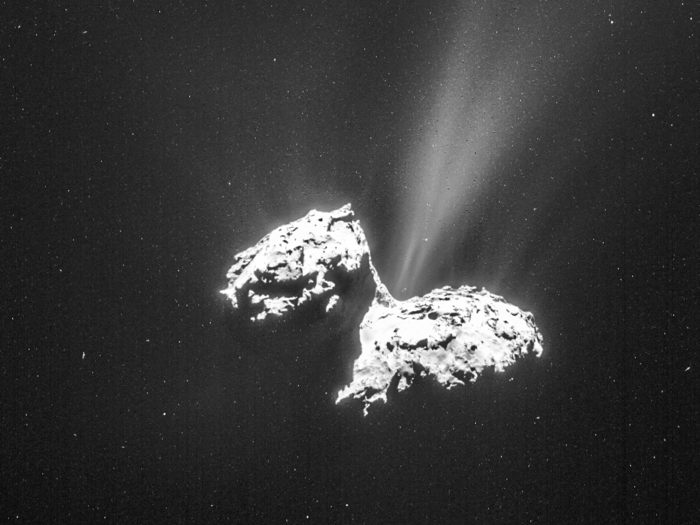
A spacecraft sampled a geyser spouting from a tiny moon called Enceladus and confirmed that it holds a vast subsurface ocean. Like Earth's oceans, it appears to have hydrothermal vents that may support life.
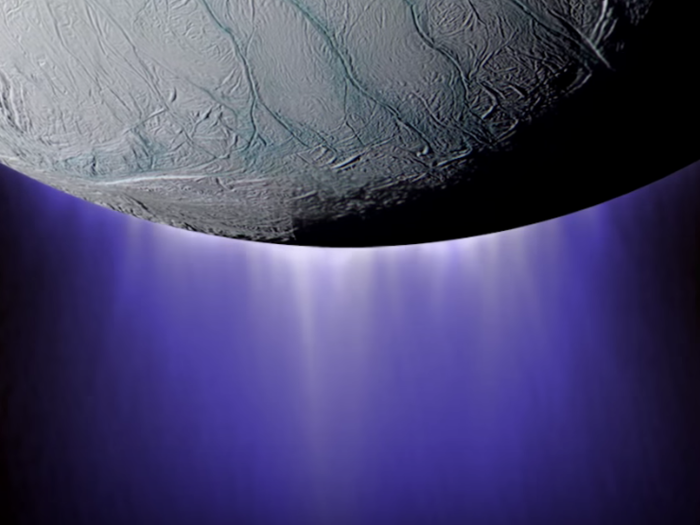
Dwarf planet Ceres captivated scientists with its mysterious bright spots — they'd never seen anything in the universe quite like them. We now know they're likely patches of salt.
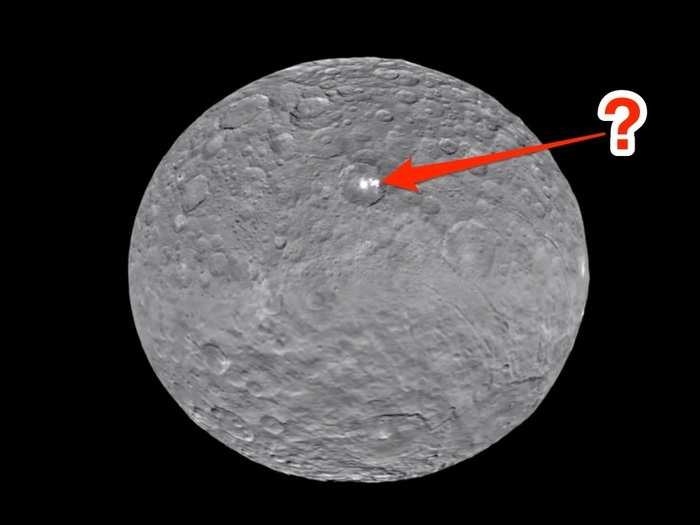 they're likely patches of salt.' layout='fill' objectFit='cover' loading='lazy' width="700" height="400"/>
they're likely patches of salt.' layout='fill' objectFit='cover' loading='lazy' width="700" height="400"/>
We found out Mars used to be a water world with a giant ocean that covered almost 20% of its surface...
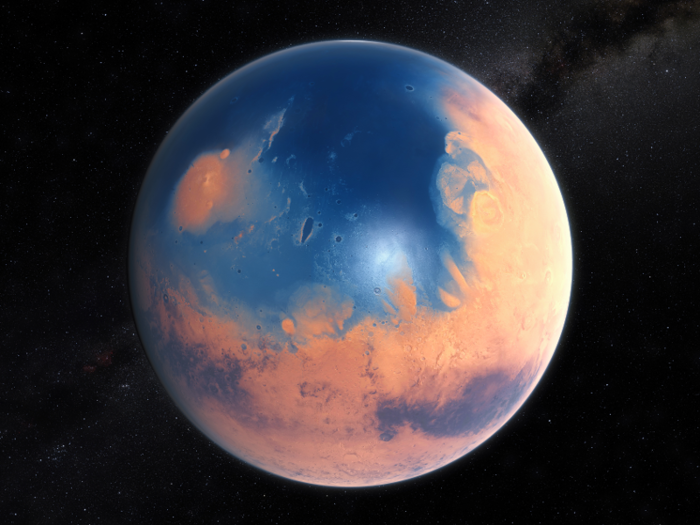
...And that solar winds swept away Mars' atmosphere and oceans, turning it into the dry, barren wasteland we know today.
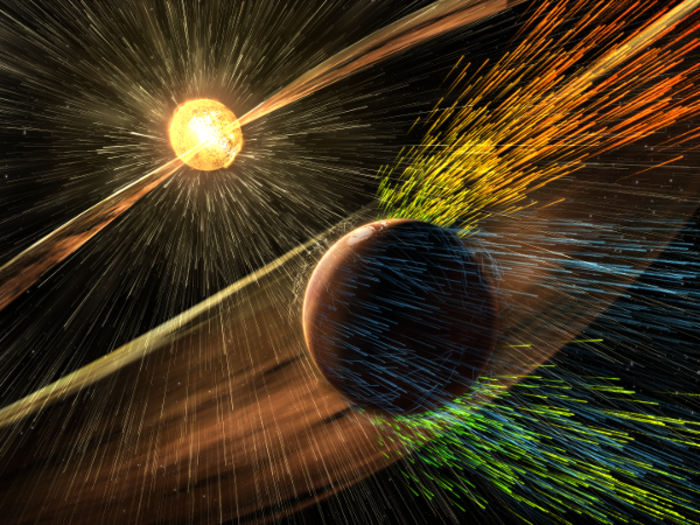 , turning it into the dry, barren wasteland we know today.' layout='fill' objectFit='cover' loading='lazy' width="700" height="400"/>
, turning it into the dry, barren wasteland we know today.' layout='fill' objectFit='cover' loading='lazy' width="700" height="400"/>
However, we found convincing evidence that there's liquid water on Mars right now, reinvigorating the argument that the planet night still be able to support life.
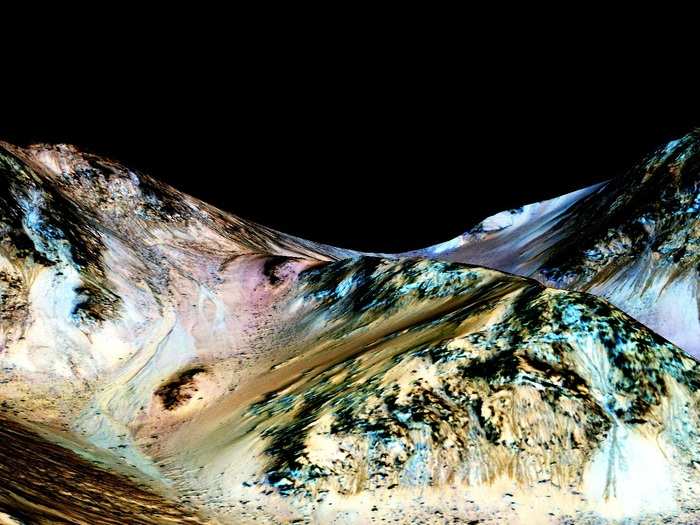 , reinvigorating the argument that the planet night still be able to support life.' layout='fill' objectFit='cover' loading='lazy' width="700" height="400"/>
, reinvigorating the argument that the planet night still be able to support life.' layout='fill' objectFit='cover' loading='lazy' width="700" height="400"/>
There was a big underdog story, too. A Japanese space probe finally made it to Venus after it botched the first approach five years ago. It's now in orbit and rounding up all sorts of valuable data.
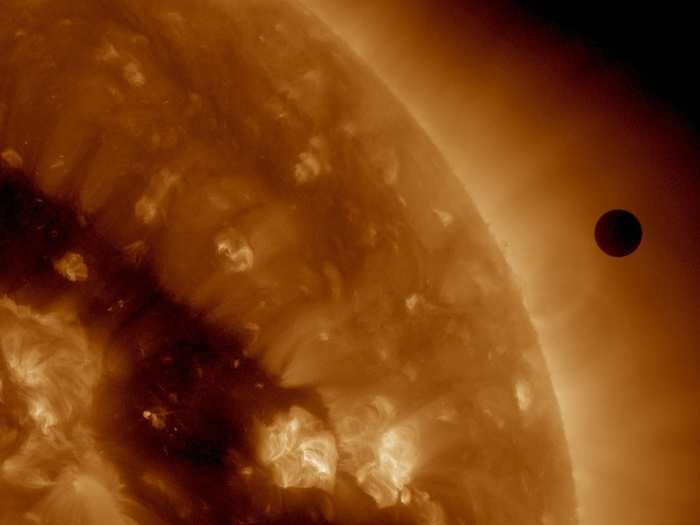 now in orbit and rounding up all sorts of valuable data.' layout='fill' objectFit='cover' loading='lazy' width="700" height="400"/>
now in orbit and rounding up all sorts of valuable data.' layout='fill' objectFit='cover' loading='lazy' width="700" height="400"/>
After 11 years of flight, the Messenger spacecraft purposefully nosedived into Mercury, creating a new crater on the surface of the heavily scarred planet. The mission revealed frozen water on Mercury's surface and evidence of previously active volcanoes.
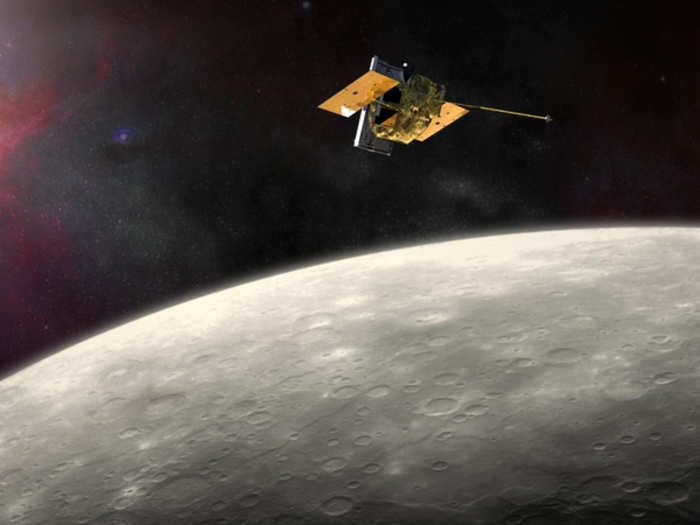
But in all, humanity has only scratched the surface and we're nowhere near through exploring the solar system. Luckily, NASA has a bigger budget than expected for 2016, which gives us hope that next year will be even better than this one.
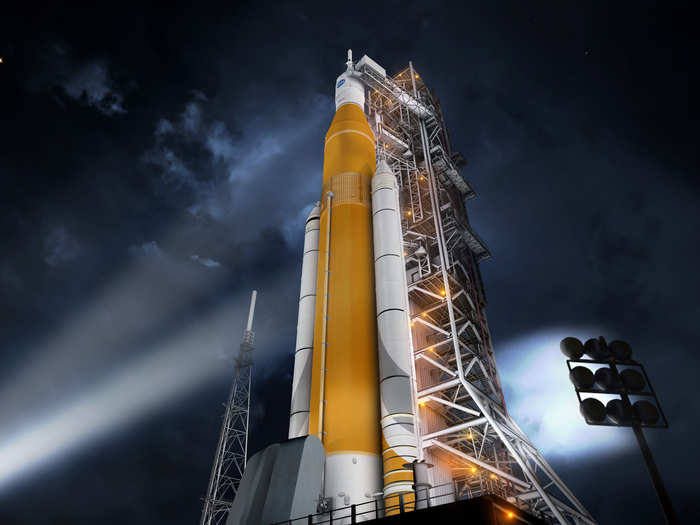 NASA has a bigger budget than expected for 2016, which gives us hope that next year will be even better than this one.' layout='fill' objectFit='cover' loading='lazy' width="700" height="400"/>
NASA has a bigger budget than expected for 2016, which gives us hope that next year will be even better than this one.' layout='fill' objectFit='cover' loading='lazy' width="700" height="400"/>
Popular Right Now
Advertisement